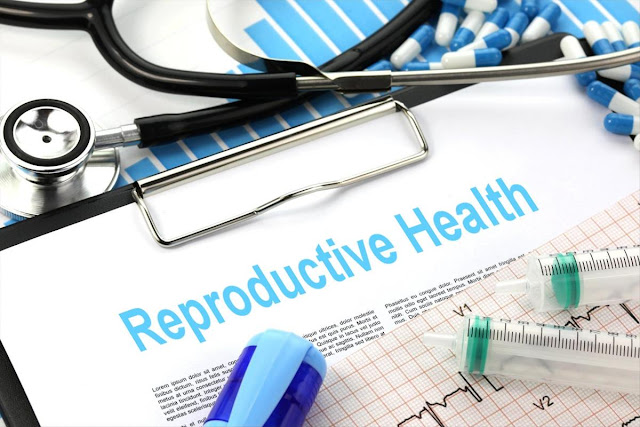There is nothing happier than welcoming a child into your
life. But unfortunately, a lot of couples face challenges in getting pregnant naturally given the changing lifestyles and increasing levels of climatic changes.
However, we have seen that couples often tend to consider the fact of ‘aging’
in their deferred pregnancy.
It’s been an open secret to all that with the growing
numbers of years, men and women gradually lose their potential of becoming
parents. Yet, there is no specific age for decreasing such hormonal capacity.
Generally, couples
plan a baby within 28-40; whereas clinically it’s observed that woman within 35
and men within 40 hold a higher capability of producing healthy children. Those
who start family planning after that mostly encounter multiple biological
difficulties.
For women, the count of quality egg production starts
reducing with age after 35. On the other hand men above 40 fall short in the
parameter of healthy sperm count compared to the younger ones. Also, the
quantity of semen and sperm motility starts weakening with the growing
age. However, there are exceptions too.
Suppose a man and his partner both are below 25, then it
takes approximately five months to get pregnant. In case the man is 40 and
beyond, the time for normal conceiving goes up two years on an average and
higher, if not a miracle. Alongside the risk factor also shoots up- chances of
miscarriages get higher for those whose male partner is above 41.
Clinical consultancy and infertility treatments prove to be
quite helpful to a great extent, but they don’t assure a complete cure to
obstinate or prolonged reproductive health issues. Since the sperm and egg
quality on the verge of becoming inferior, thus the chances of normal delivery are
almost negative in those circumstances. Babies are often born with rare genetic
disorders in some worst-case scenarios.
At times couples don’t want unwanted pregnancies and they
start absorbing contraceptives now and then. Considering the age factor being
frequent on contraceptives can harm the reproductive capacity of the female partner
as it causes deferred pregnancy in the long run.
With medical assistance and proper dietary habits, conditions
can be a little better though; but it can never be restored as original as the
average age of menopause remains inert. Roughly 400 oocytes reach maturity and
ovulate in a woman's life span. Therefore, it is recommended to plan your child
within the mentioned timeline as fertility becomes unpredictable with the
biological clock ticking for both men and women.


Comments
Post a Comment